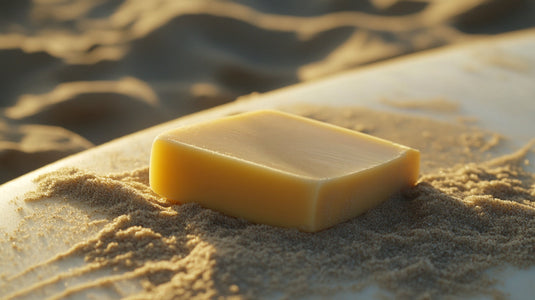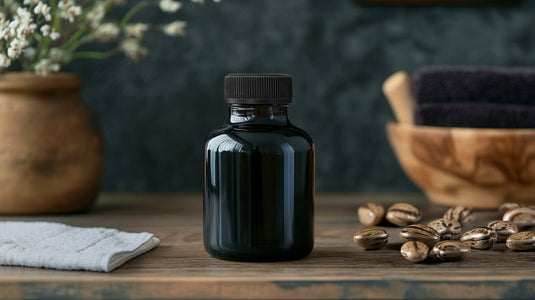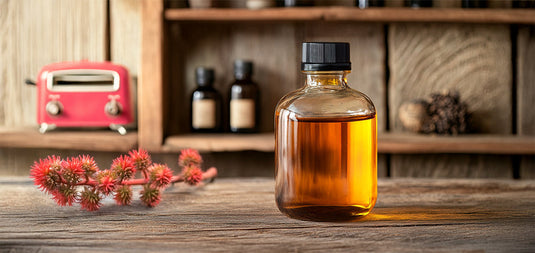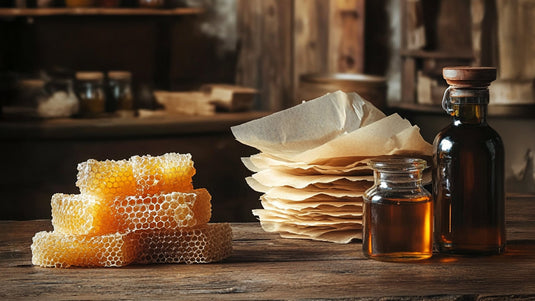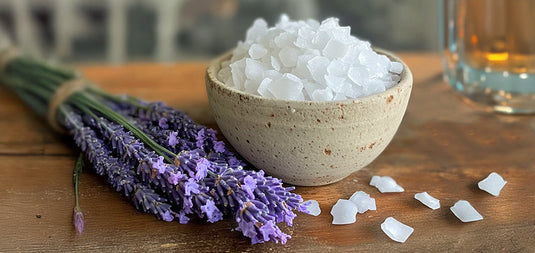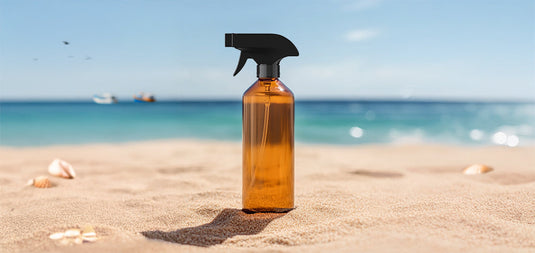When it comes to natural skincare, few oils are as versatile and debated as castor oil. While it’s been used for centuries in traditional medicine and beauty routines, many people wonder: Can you use castor oil on your face? The short answer is yes—but with a few important considerations.
The Benefits of Castor Oil for Facial Skincare
Castor oil is rich in ricinoleic acid, a unique fatty acid known for its antimicrobial and anti-inflammatory properties. This makes it a great natural remedy for a variety of skin concerns.
Deep Moisturization
Castor oil is an excellent emollient, helping to lock in moisture and soften dry skin. Unlike some heavier oils, it penetrates deeply without clogging pores when used in moderation or in lighter amounts. Consider mixing castor oil with your daily face moisturizer or creating a face balm with castor oil as the main ingredient to dilute and safely apply castor oil without putting too much onto your face.
Natural Acne Fighter
Thanks to its antimicrobial properties, castor oil can help combat acne-causing bacteria. Plus, its anti-inflammatory effects may soothe redness and irritation associated with breakouts. Castor oil is best used in combination with a natural or gentle face cleanser, and should not be relied upon completely to fight microbes on your face.
Supports Wound Healing & Scar Reduction
The oil’s ability to promote cell regeneration may help with wound healing, reducing the appearance of scars and fine lines over time.
Gentle Cleansing (Oil Cleansing Method)
Because oil dissolves oil, castor oil is often used in the oil cleansing method (OCM) to remove dirt, makeup, and excess sebum without stripping the skin. It works particularly well when blended with lighter oils like jojoba or almond oil.
How to Use Castor Oil on Your Face
If you want to incorporate castor oil into your facial routine, follow these simple guidelines:
1. Choose the Right Castor Oil
Look for cold-pressed, hexane free castor oil to ensure it’s free from additives, chemicals, and retains its natural benefits. Castor oil that has hexane in it may burn or damage your face, and if it enters your eyes can cause blindness is serious conditions.
2. Avoid Direct Contact With Eyes, Inner Nostrils and Mouth
Because of potential dangers that occur from direct contact with castor oil in your eyes and mouth, it's always good to avoid applying castor oil to these areas directly. Castor oil may imbalance of your eye's microbiome, and your body may also have an extreme adverse reaction when ingested. If you get castor oil in your eyes, immediately wash with lukewarm water for three minutes.
3. Apply as a Moisturizer or Treatment
- For hydration, massage a few drops onto damp skin at night.
- For oil cleansing, rub a small amount onto dry skin, let it sit for a minute, then wipe away with a warm, damp cloth.
4. Spot Test First
Before applying castor oil to your entire face, do a patch test on a small area to check for any allergic reaction or irritation. The best practice is to wait at least 24 hours to see how your skin has reacted in the area you applied castor oil to.
Who Should Avoid Castor Oil on Their Face?
While castor oil is generally safe, it might not be suitable for everyone. If you have:
- Extremely sensitive skin – Some people may experience irritation or a reaction.
- Severe acne-prone skin – Though it can help with acne, it may be too rich for certain skin types, potentially clogging pores in some individuals.
If you experience any discomfort or breakouts, discontinue use and try a lighter oil that suits your skin better.
Final Thoughts
Castor oil can be a great addition to your natural skincare routine, offering hydration, cleansing, and even acne-fighting benefits. Just be sure to choose a high-quality oil, dilute it properly, and test it on your skin before committing.
Looking for premium, pure castor oil to add to your skincare routine? Check out our Cold-Pressed Hexane Free Castor Oil at Creekwood Naturals!



